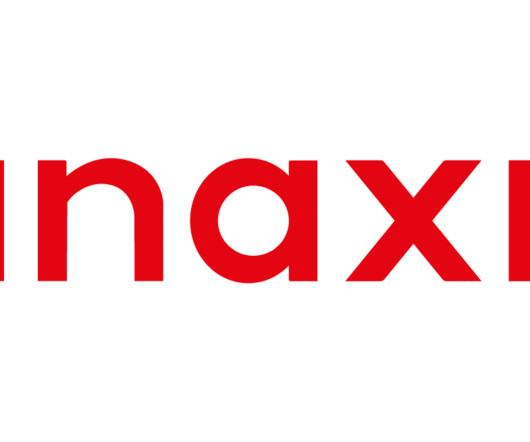How the Supply Chain Can Thrive in the Face of Natural Disasters
Material Handling & Logistics
JANUARY 15, 2019
In a similar fashion, when Puerto Rico was struck by Hurricane Maria last year, the supply chain of two of the island’s most important industries—pharmaceuticals and medical devices—ground to a complete halt. Graham Parker is CEO of Gravity Supply Chain Solutions , a supply chain technology solutions provider.
















Let's personalize your content